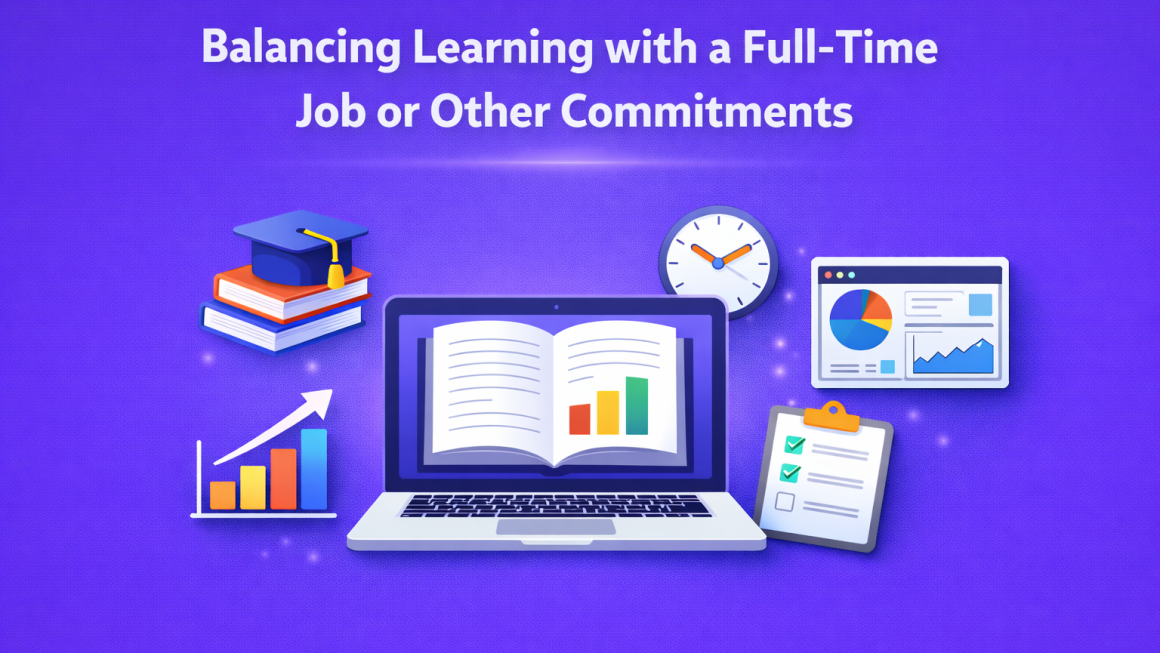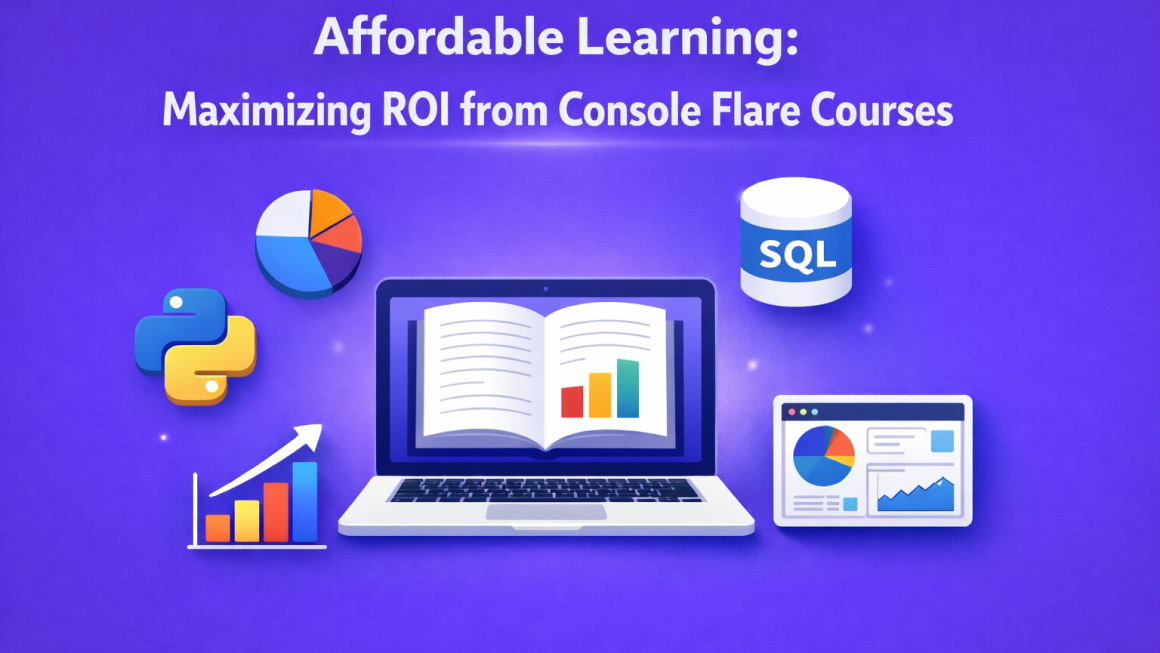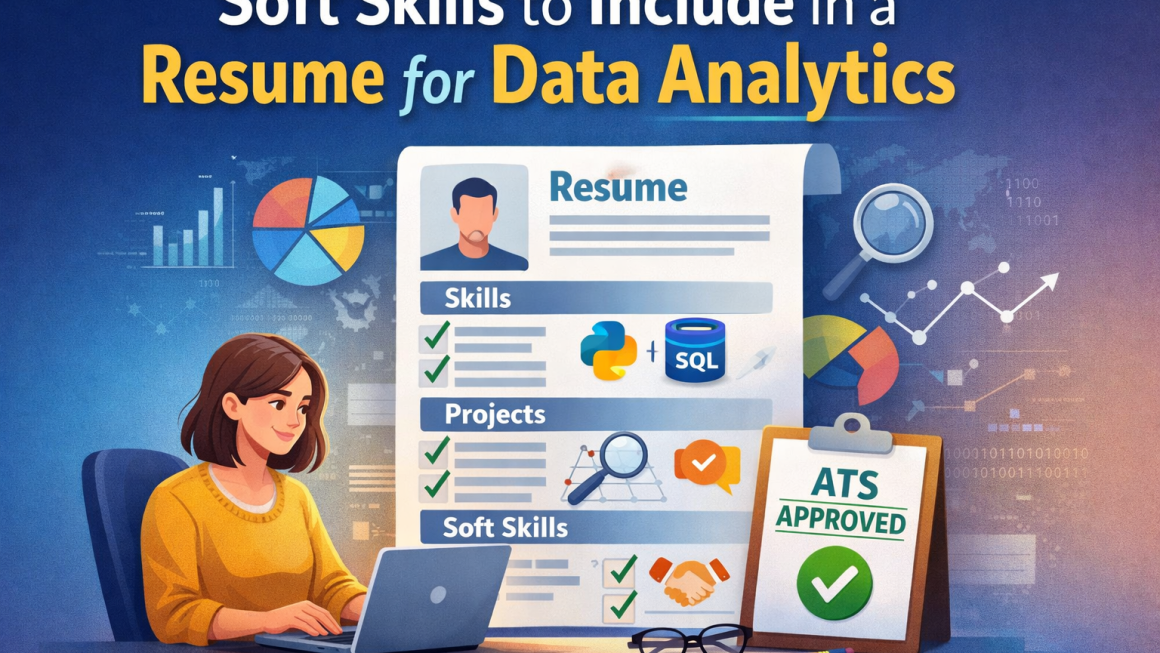Implementing Artificial Intelligence in SMEs
AI can be used in small and medium-sized enterprises (SMEs) to improve business processes, increase efficiency, and make data-driven decisions. AI applications can include customer service chatbots, predictive maintenance, fraud detection, and marketing automation. SMEs can leverage AI technology through partnerships with AI vendors or investing in AI tools and training.
You’re reading the article, How to Implement Artificial Intelligence in SMEs?
Nowadays, we very often talk about the applications, pros, and cons of artificial intelligence. Here are a few applications of AI that are being used:
- Healthcare: Predictive diagnosis and personalized treatment, medical imaging analysis, drug discovery, and development.
- Finance: Fraud detection, credit scoring, algorithmic trading, customer service, and support.
- Retail: Personalized marketing and recommendations, supply chain optimization, inventory management, and demand forecasting.
- Transportation and Logistics: Route optimization, autonomous vehicles, predictive maintenance, and package delivery.
- Manufacturing: Predictive maintenance, quality control, process optimization, and robotics.
- Energy: Predictive maintenance of power plants and renewable energy systems, demand forecasting, and energy consumption optimization.
- Agriculture: Precision farming, yield prediction, crop monitoring, and weather forecasting.
- Education: Personalized learning and skill development, adaptive testing and assessment, and educational content recommendation.
- Marketing: Customer behavior analysis, personalized marketing, and ad targeting.
- Cybersecurity: Threat detection and prevention, intrusion detection, and data protection.
Read our article, The Role Of AI In Solving Real-World Problems In 2023.
You’re reading the article, How to Implement Artificial Intelligence in SMEs?
Pros & Cons of AI
Pros:
- Increased efficiency and productivity in various industries.
- Improved accuracy and consistency in decision-making.
- Ability to process and analyze large amounts of data.
- Enhanced customer experiences through personalized interactions.
- Ability to automate repetitive tasks and improve safety in hazardous environments.
Cons:
- Job loss and unemployment due to automation.
- Bias and discrimination in AI decision making.
- Potential for misuse and abuse of AI technology.
- Lack of transparency and accountability in AI systems.
- Dependence on technology and reduced human skills and expertise.
- High costs of development, implementation, and maintenance of AI systems.
- Difficulty in ensuring the security and privacy of sensitive data used by AI.
You’re reading the article, How to Implement Artificial Intelligence in SMEs?
Will AI replace humans?
It is unlikely that AI will completely replace human beings, but it is likely to change the nature of work and impact specific jobs and industries. Some routine tasks and manual labor jobs may become automated, but AI will also create new job opportunities in areas such as AI development, maintenance, and regulation. Additionally, there are many tasks and activities that require human qualities such as creativity, empathy, and critical thinking that AI is not capable of replicating. The relationship between AI and humans will likely involve a compliment and collaboration rather than a replacement.
You’re reading the article, How to Implement Artificial Intelligence in SMEs?
Are we too early for artificial intelligence?
It depends on the perspective and context. From a technological standpoint, AI has made significant progress in recent years and is being applied in various industries. However, from a societal and ethical perspective, there is a need for responsible development and deployment of AI that considers the impact on individuals and society as a whole.
It can be argued that we are still in the early stages of understanding the full potential and implications of AI, and it is important to proactively address the challenges and risks associated with AI. In this sense, it could be considered that we are not too early but rather, it is crucial to engage in conversations and take actions to ensure a responsible and beneficial future with AI.
You’re reading the article, How to Implement Artificial Intelligence in SMEs?
Artificial Intelligence in SMEs
- Identify business goals and areas where AI can add value.
- Invest in necessary hardware and software infrastructure.
- Hire or train a team with AI expertise.
- Develop and test AI models using relevant data.
- Integrate AI models into existing business processes and systems.
- Continuously monitor and evaluate the performance of AI models.
- Regularly update AI models and processes to keep up with advancements in technology.
- Gather and clean relevant data for AI models.
- Foster a company culture that values and leverages AI.
Hope you liked reading the article, How to Implement Artificial Intelligence in SMEs? Please share your thoughts in the comments section below.
Follow our LinkedIn Page for more such articles.






